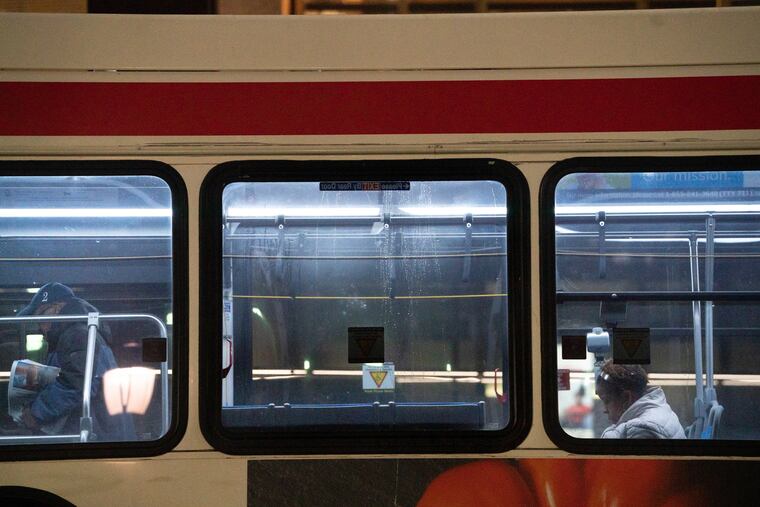Despite uncertainty, SEPTA moves forward with virtual fare proposal hearings
SEPTA plans to hold four virtual hearings to discuss the proposed fare plan, its operating budget, and other matters at 11 a.m. and 6 p.m. on April 22 and April 27.

To get its new fare policy in place by July, SEPTA plans to hold its required public meetings virtually, getting rider feedback online rather than putting people at risk during the coronavirus pandemic. But transit advocates have concerns.
Yasha Zarrinkelk, organizer of the newly formed Transit Forward Philadelphia coalition, wants to be sure SEPTA is providing as many options for voices to be heard, such as through mail or phone surveys.
“I just think having these sort of alternatives would allow SEPTA to get that comprehensive input,” Zarrinkelk said.
The proposed fare restructuring includes a free transfer and holding the basic cash ticket at $2.50, while SEPTA Key riders using the Travel Wallet would see a hike from $2 for a single ride to $2.50.
Whiplashed by the strains of enhanced cleaning efforts and service reductions due to stay-at-home orders, the authority now grapples with “staggering losses" to ridership and revenue, SEPTA general manager Leslie S. Richards said. It is expected to lose at least $150 million over the next three months.
The $2 trillion coronavirus stimulus bill, which has cleared the Senate, contains billions of dollars in relief for public transit systems, including SEPTA. How much isn’t clear.
» READ MORE: What’s in the coronavirus stimulus bill? Individual checks, billions for small businesses, and more.
“This was so much needed, we would have been feeling some hurt without this,” said Fran Kelly, SEPTA assistant general manager for public and government affairs. He said SEPTA is still looking for other ways to cut expenses.
SEPTA plans to hold four virtual meetings to discuss the proposed fare plan, its operating budget, and other matters at 11 a.m. and 6 p.m. on April 22 and 27. More details will be released soon, said Rich Burnfield, SEPTA’s treasurer and deputy general manager.
The Philly Transit Riders Union said plans to hold virtual meetings at this time are “surreal” and should be postponed, and urged SEPTA to waive fares as Washington, New York and other cities have done.
SEPTA has planned a $1.53 billion operating budget for fiscal year 2021, with $480.6 million coming from passenger revenue, and $779.4 million from state subsidies. Revenue will come in part from the fare changes and increased advertising income. SEPTA last saw a fare increase in 2017 and has a schedule of increasing costs every three years.
“As we move forward through the next few weeks or few months, we more than likely will need to go back and revisit those assumptions,” Burnfield said this week.
» READ MORE: SEPTA’s new fare proposal means relief for some commuters, a hike for others
Drops in ridership are definitely a “shock to the system” for any transit agency, said Greg Krykewycz of the Delaware Valley Regional Planning Commission.
In the short term, transit agencies are turning to the federal government to make up for lost fare dollars while state sales tax revenue is in jeopardy, he said.
He speculated that the pandemic could lead to a sea change for transit by companies considering wider remote working policies.
“What’s going to be really interesting is to see how people choose to travel and live on the other side of this,” he said.
SEPTA’s proposed capital budget will be released next week, Burnfield said. SEPTA’s board will vote on the operating budget, fare proposal, and capital budget in May. If approved, changes would take effect July 1.